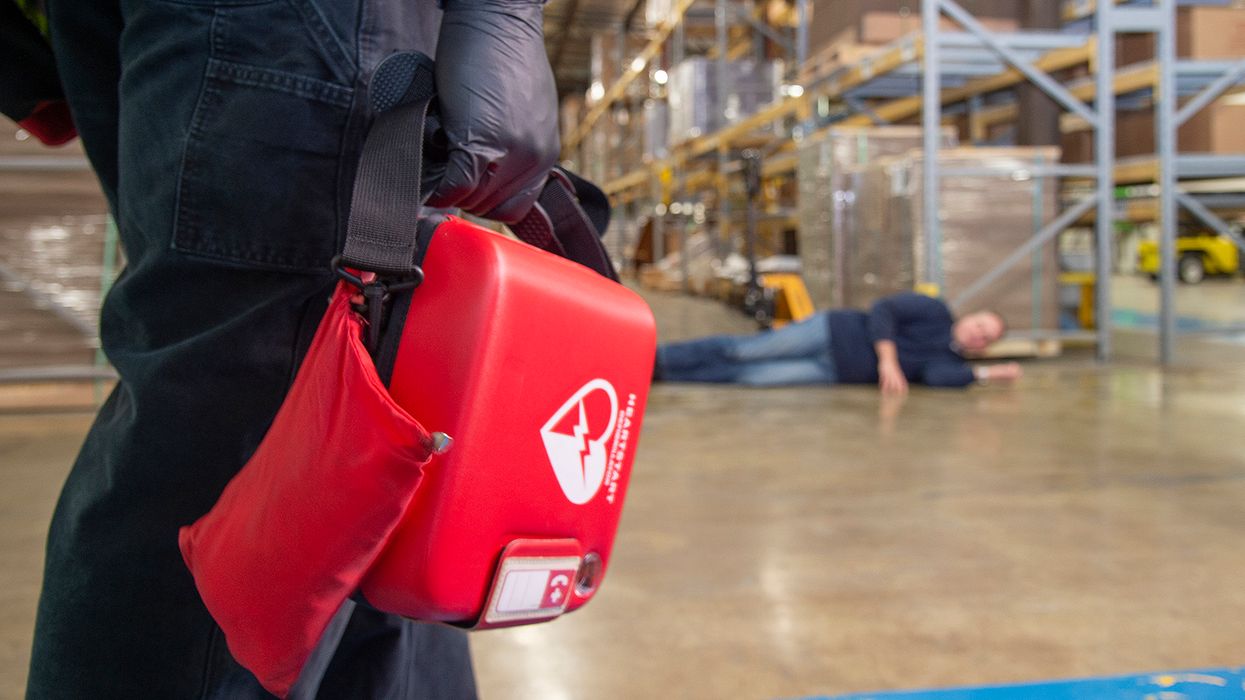Employee cleared to return from workers’ comp but keeps taking leave – You might be surprised about what to do!
Situation: An employee injured on the job takes time off under workers’ compensation (WC). The WC doctor releases the employee to light duty, which the employer provides. However, the employee turns down the light duty and keeps taking leave. What can employers do? The answer might surprise you.
What are the risks?
If an employer offers an employee light duty under WC, the employee may turn it down and continue to take leave under the federal Family and Medical Leave Act (FMLA). In doing so, however, the employee risks losing the WC benefits.
FMLA leave can run concurrently with WC. For that to happen:
- Both laws must cover the employer,
- The employee must meet the eligibility criteria for both types of leave, and
- The reason for the time off must qualify under both laws.
Can the employee be fired?
If an employee turns down light duty, the FMLA would still protect the employee’s job. For the FMLA to apply, however, the employee’s occupational limitation(s) must also be an FMLA serious health condition.
While WC applies only to occupational injuries and illnesses, the FMLA doesn’t have those limitations. It includes both occupational and non-occupational injuries and illness.
The FMLA and workers’ comp also provide for different forms of protection and benefits.
- The FMLA gives eligible employees 12 weeks of job-protected, unpaid leave.
- Workers’ comp provides for medical care and income replacement.
Doctor’s input
When an employee’s injury or illness is work-related, a WC doctor usually tells the employer about the employee’s restrictions. Employers may use this information to determine whether the employee has an FMLA serious health condition as defined by the law.
If the WC information is complete enough to determine an FMLA serious health condition, the employer shouldn’t ask the employee for a separate FMLA certification.
If, however, the information from the WC doctor is not enough for an employer to determine if the occupational condition is also an FMLA serious health condition, and how much time off the employee needs, the employer may ask for a separate FMLA certification.
Otherwise, under the FMLA, employees get to choose which doctor to have an FMLA certification completed. Employers don’t get to dictate the doctor, including a company doctor.
A WC doctor could indicate that an employee can return to work, while an employee’s own doctor indicates that the employee needs more leave under the FMLA.
In that situation, if the employee remains on leave, they likely lose the WC benefits, but their job is protected.
Key to remember: While a workers’ comp doctor might indicate an employee can return to modified work, an employee could turn it down and remain on FMLA leave.



















































